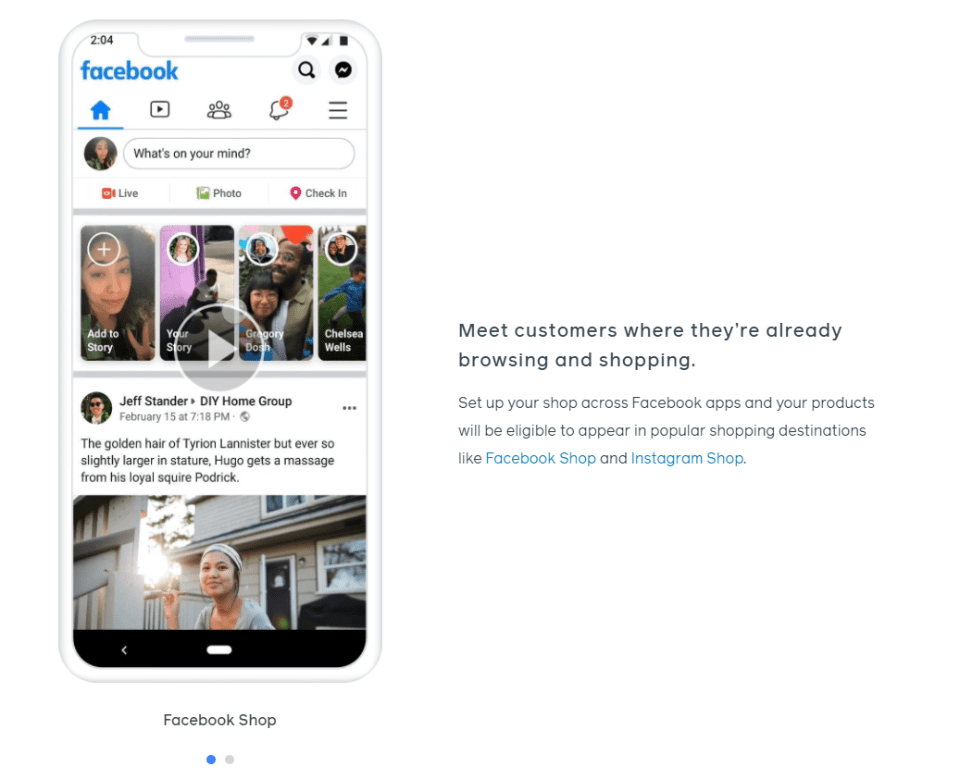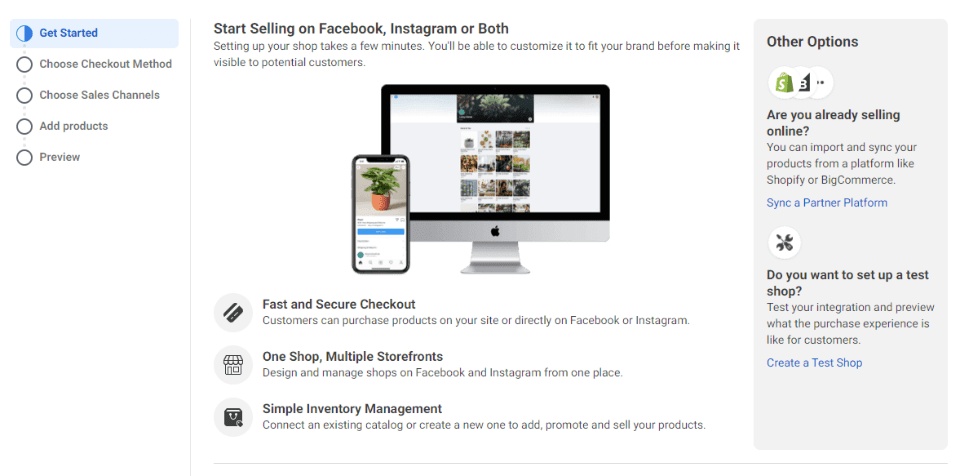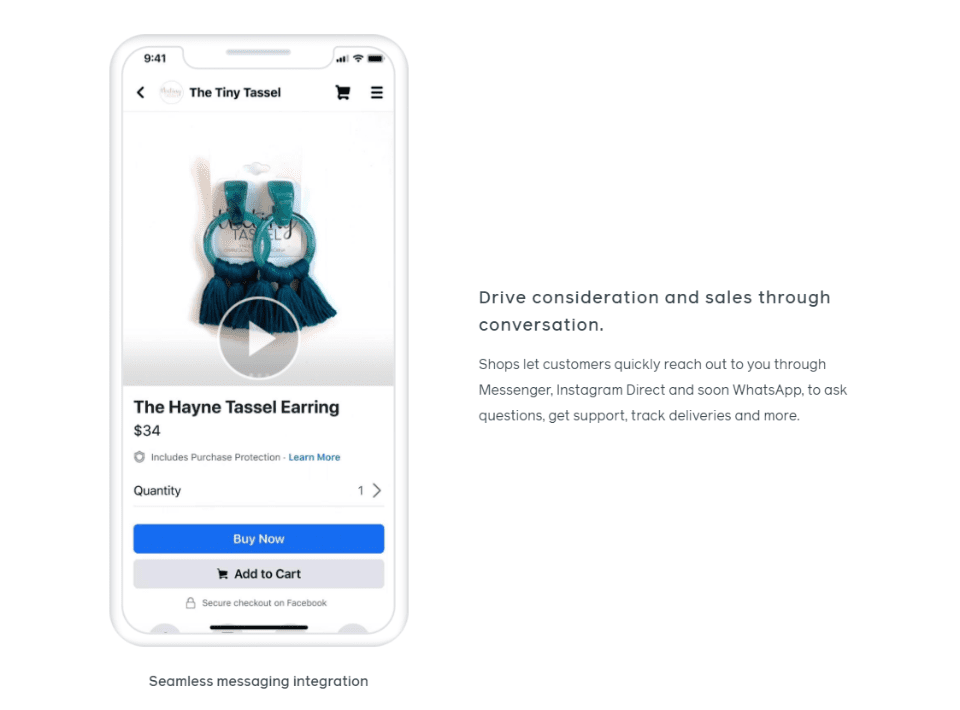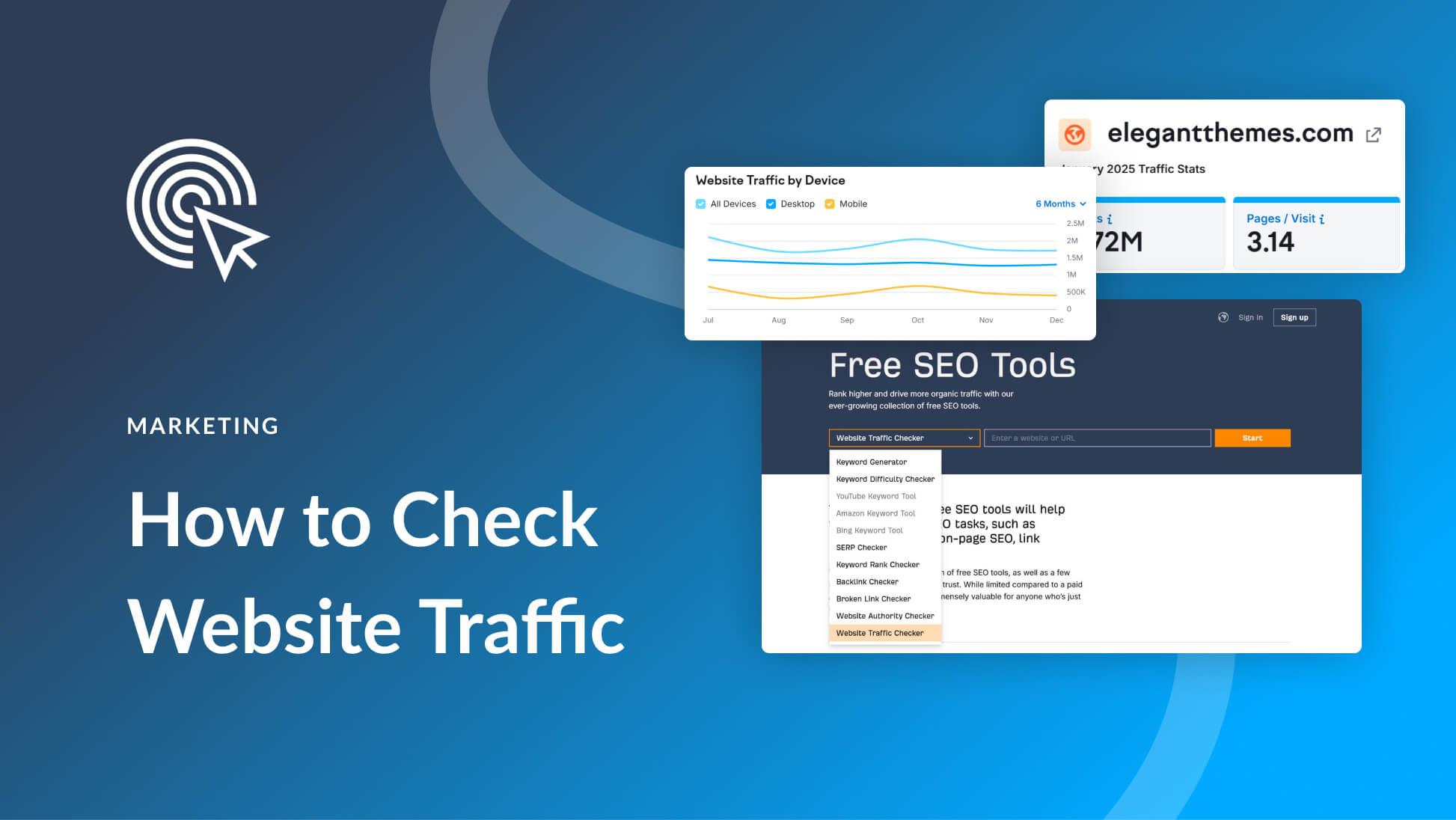Social Commerce is the act of promoting and selling products through a social media platform. Social media is a powerful sales platform because it leverages social media tools such as interactions, likes, shares, messaging, and more. The practice of Social Commerce has been around for several years and it’s getting more popular. In this article, we’ll look at 15 Social Commerce trends to be aware of in 2021.
- 1 1. Stores Will Focus More on Social Media Sales
- 2 2. Lower Prices
- 3 3. Live Streaming
- 4 4. Lower Budget Ads
- 5 5. User-Generated Content
- 6 6. Work with Influencers
- 7 7. Increased Targeted Advertising
- 8 8. Video Ads
- 9 9. Multiple Networks
- 10 10. Augmented Reality
- 11 11. Use of Intelligent Chatbots
- 12 12. Improved Voice Technology
- 13 13. eCommerce Integration
- 14 14. Better Analytics
- 15 15. Increased Environmental Awareness
- 16 Ending Thoughts

Running an eCommerce website can be expensive and require a lot of effort to operate. Creating a Facebook shop is free. And, since most potential buyers are on social media, it makes sense to build a shop on those platforms. The first of our Social Commerce trends will see more stores move to social platforms as a sales platform.
As more people purchase online, shops may have trouble dealing with the increased traffic. Social media not only has the potential buyers in place, but they also have the required infrastructure to sell to them. It doesn’t require a team of designers and programmers to get a shop set up. This will also encourage many people to open a shop who are interested in building an online store but are not interested in starting a website.
2. Lower Prices
Although customers tend to buy more on social media, they spend less. One reason for this is social media isn’t where customers go to make a purchase. Instead, they purchase on social media out of convenience or impulse. Lower prices help entice them into making a purchase they didn’t plan to make.
3. Live Streaming
One of my favorite Social Commerce trends is the use of live streaming. Companies have added live streaming to show new products, step-by-step tutorials, product demonstrations, and roundtable chats to discuss a topic with others in the industry. As more people are working from home and acquiring cameras and microphones for online meetings, live streaming will become even more popular. It doesn’t have to look like a big-budget production. Low-budget video can still look great and it works well.
Live streaming allows the audience to get to know the people in the company and allows the company to answer questions live. It’s a more authentic and interactive experience. The video can be accessed at any time, the discussion can continue in the comments, and the video can be shared. There are also a lot of great live streaming plugins and apps available for WordPress users.
4. Lower Budget Ads
Rather than spending lots of dollars to create a professional-looking ad that many viewers skip, companies have started to produce content that looks the same quality that an amateur would have made. Click Z describes this as an adaption to the new normal of our post-pandemic world.
Creating lower-budget content is cheaper, of course, but the main advantage is that it is real content created by real people. It looks authentic, relatable, and humanizes the brand. This doesn’t tell the viewer “skip me because I’m an ad.”
5. User-Generated Content
Users, especially those that desire to be influencers, often create reviews of products. Whether the review is written, video, posted on a separate platform, etc., companies can use that content to their benefit by sharing it with their audience.
User-generated content builds trust, credibility, and authority for the brand because it’s not created by anyone involved with the company. This encourages others to create content that can be shared, improves relationships between the companies and their customers, and it saves the company money.
6. Work with Influencers
Companies often seek out influencers to partner with in creating shareable content. Influencers are already popular on social media and usually have an audience on the platform the company wants to sell through.
Influencers promote products or services through reviews (with the product or service supplied by the company), paid promotions, interviews with someone in the company, discounts offered to the influencer’s audience, etc. The company can then share that content with their marketing channels.
7. Increased Targeted Advertising
It stands to reason that as more online shops build on social media and as Social Commerce becomes more popular we’ll see more ads on those networks. However, rather than just posted random ads, we’ll see ads that are more targeted to their potential audience. This is the current method of advertising, but we’ll see more of it as more stores will fight over our attention. They’ll be more personalized and tailored to individual needs.
8. Video Ads

As we see more targeted ads, we’ll see an increase in video ads. Video watch-times have increased tremendously. According to Cisco, 82% of created content will be video by 2022. The ads will look more like videos made by everyday people rather than big-budget productions. It looks more like regular content, so customers don’t automatically ignore them.
9. Multiple Networks

Currently, the most popular networks for Social Commerce are Facebook, Instagram, and Pinterest. As companies become more used to working from one platform, and as the platforms become easier to use, they’ll move to the others and they’ll be able to integrate them, so they won’t have to manage multiple sets of inventories. We’ll be able to purchase from the company on the networks we want.
10. Augmented Reality

One of the more interesting Social Commerce trends is the use of augmented reality to show products. Companies can use augmented reality to allow customers to visualize themselves using the product and get feedback from others on the social platform. This will provide more information to the buyer and help the buying process to be more of a social experience.
Facebook and others are already working on adding AR to their platforms. Companies can allow customers to use their smartphone cameras to see the products in their surroundings, such as on their desks, in their homes, in their backyards, etc.
11. Use of Intelligent Chatbots

One of the advantages of Social Commerce is the communication options such as private messaging. As AI quality increases, companies can use chatbots better to reduce costs and improve sales. Using the social platform’s messaging, a chatbot can answer the most common questions without having a person standing by to answer them. This is an excellent alternative to other live chat plugins for website properties only.
Chatbots can make recommendations based on the customer’s selections, show product images, and turn the conversation over to a real person if needed. Chatbots can also speak multiple languages. This allows the customer to get additional information without having to wait for someone to answer the questions.
12. Improved Voice Technology
Voicebot predicts that 75% of homes will have voice technology systems by 2025. According to Adobe, 94% of brands are investing in voice technology. With the increased popularity of voice-based products like Google Nest and Amazon Alexa, it’s easy to see why companies would want to integrate voice into their Social Commerce solutions.
Perfect use of voice for Social Commerce might still be a few years away, but I expect to see it start to take shape and become more popular in 2021.
13. eCommerce Integration
Social Commerce is when the sale takes place on a social platform. However, it is possible to integrate many of the Social Commerce tools and benefits into your website. By integrating them, you can easily maintain your inventory in one place rather than on the website and social platforms. Apps such as Shop Social and StoreYa can integrate social shops with eCommerce shops. Even WooCommerce has a Facebook plugin that deeply integrates your Woo store with Facebook Business’ various tools.
14. Better Analytics
As more companies sell through social media, they’ll have more information about their customers and potential audience. They’ll have more information about what their customers like, share, spend, etc. This will allow them to target an audience by location, spending habits, age, gender, etc.
15. Increased Environmental Awareness
The last of our Social Commerce trends is to see an increase in environmetal awarness. Harvard Business Review reports that companies have seen a 65% increase in sales of eco-friendly products. As buyers look for companies that are more eco-friendly, healthy, safer for the public, etc., companies will give them what they want. This will affect Social Commerce through the marketing message. We’ll see more ads that discuss that products are environmentally friendly.
Ending Thoughts
That’s our look at 15 Social Commerce trends to be aware of in 2021. Some are already popular while others are still being perfected. Buying and selling on social platforms will become so popular over the next few years that it could even become the primary shopping experience for many online buyers. It’s a good idea to get started with Social Commerce sooner than later.
We want to hear from you. Do you have any Social Commerce trends to add? Let us know in the comments.
Featured Image via venimo / shutterstock.com









Great content. Please share some tips on increasing traffic to an affiliate site.